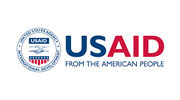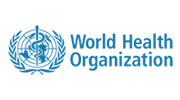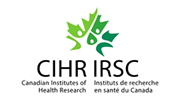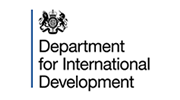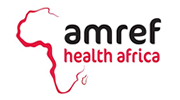ABSTRACT
Background: Despite major efforts to increase the uptake of preventive measures and timely use of the first lineantimalarial treatment artemisinin-based combination therapies (ACT), Uganda continues to fall short of meeting its national malaria control targets. One of the challenges has been scaling up effective measures in rural and remote areas where the unlicensed private retail sector remains the first point of contact and a common source of treatment. The current paper discusses unlicensed vendors’ (1) training related to malaria case management
for children aged five and under, and (2) knowledge related to the cause of malaria, preventive measures, common signs, and symptoms, diagnostic procedures, and best treatment options.
Methods: A qualitative study using semi-structured interviews was conducted in the rural district of Butaleja, Uganda in 2011. All 88 unlicensed drug outlets enumerated in the study area were visited by six locally recruited research assistants, with one vendor from each outlet invited to participate. The transcripts were analyzed using acceptable qualitative research protocols. Results: About half of the 75 vendors interviewed had received some sort of formal training on malaria at a postsecondary institution, although only 6.7% had qualifications which met licensure requirements. The study found widespread misconceptions relating to the cause, as well as prevention and treatment of malaria. A large majority of the vendors relied primarily on non-specific symptoms and limited physical exams for diagnoses, with less than one-tenth of the vendors recognizing that rapid or microscopic blood testing was necessary to confirm a
clinical diagnosis of malaria. While most recognized mosquitoes as the primary vector for malaria, over two- fifths of the vendors held misconceptions about the factors that could increase the risk of malaria, and nearly a third believed that malaria could not be prevented. With respect to acute case management, three-quarters viewed as the best option a medicine other than the government’s first-line antimalarial, artemisinin-based combination therapies (ACT). Almost three-fifths specified quinine as their preferred option, with about one-fifth recommending quinine injection.Conclusion: Findings from this study confirm significant gaps in unlicensed vendors’ knowledge related to malaria. With increased utilization of unlicensed drug outlets in rural and remote settings such as Butaleja, findings from this study strongly supports the need to implement strategies to improve the quality of care delivered at these outlet.
